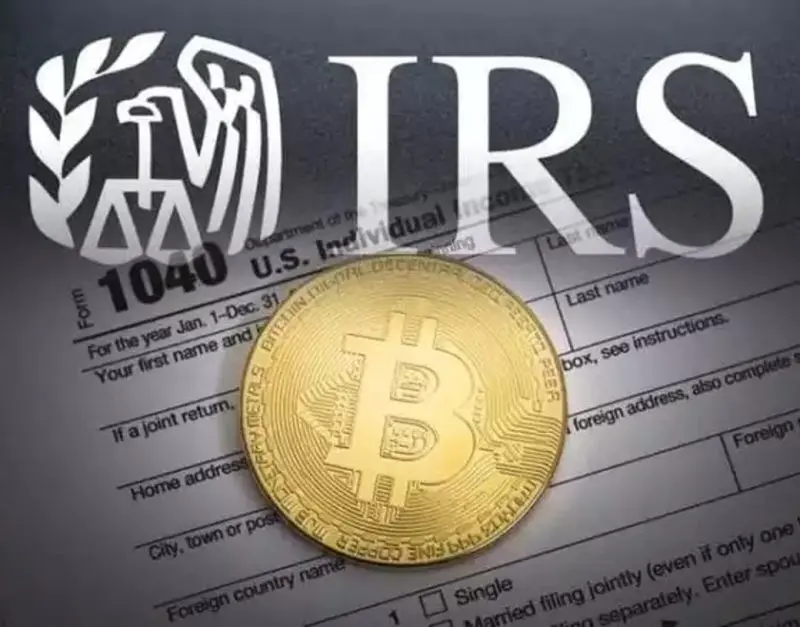The IRS introduces proposed regulations for digital asset broker reporting, aiming to enhance tax compliance in crypto.
- This initiative is a part of the Biden administration’s wider implementation of the bipartisan Infrastructure Investment and Jobs Act (IIJA).
- The proposal also drew attention to the ongoing discourse surrounding digital asset taxation.
In order to improve tax compliance within the digital asset ecosystem, the US Internal Revenue Service (IRS) has released a draft of new regulations regarding the reporting requirements for digital asset brokers.
The rules, which are intended to streamline tax filing procedures and reduce instances of tax evasion, mandate that brokers use a newly created reporting form. The action is a part of the Biden administration’s initiatives to improve tax enforcement in the digital asset industry.
The proposed rules pertain to the sale and exchange of digital assets by brokers. These regulations would oblige brokers to adopt the newly introduced Form 1099-DA for reporting.
The purpose behind this measure is to facilitate easier tax calculations for taxpayers and minimize the need for intricate computations or the use of expensive digital asset tax preparation services when filing tax returns.
The Treasury Department claims that using this suggested form would help people figure out their tax liabilities for gains and potential deductions from the sale of digital assets.
For many taxpayers, the complexity of figuring out earnings from digital assets has frequently been difficult and expensive.
The Treasury Department further explained that these regulations aim to align the practices for digital assets to other assets. By doing so, the IRS seeks to establish consistent and comprehensive reporting standards across various asset categories.
Regulations will simplify the digital asset ecosystem
A thorough 282 pages make up the proposed proposal. Beginning on August 29, it will be accessible from the Federal Register for public study and comment. The bipartisan Infrastructure Investment and Jobs Act (IIJA) is being broadly implemented by the Biden administration, including this effort.
The provisions of this legislation are anticipated to produce almost $28 billion in additional tax revenue over a ten-year period, indicating the government’s commitment to bolstering tax compliance in a changing economic environment.
In 2026, the planned regulations will go into effect. They will cover transactions made in the year prior, 2025, for sales and trades. Written comments on the proposal are welcome until October 30. After this time, there will also be a public hearing to get more opinions and thoughts.
Initial comment on the proposed regulations suggests that the IRS may receive a lot of criticism. Industry participants have emphasized the need for nuances in legislation that take into account the distinctive features of the ecosystem for digital assets.
What the regulations aim to achieve
CEO of The Blockchain Association Kristin Smith stressed the uniqueness of the cryptocurrency sector. He also argued for specific regulations that apply to all participants without placing undue costs on those who are trying to follow the rules.
Notably, there have been criticisms regarding the perceived mismatch between the proposed frameworks and the decentralized nature of crypto. DeFi Education Fund CEO Miller Whitehouse-Levine commented that the IRS proposal applies regulatory structures rooted in intermediary-based systems.
He added that the crypto ecosystem functions differently than traditional financial services.
In response, Patrick McHenry, Chair of the House Financial Service Committee, criticized the proposal as part of the Biden administration’s continued assault on the digital asset ecosystem. McHenry emphasized the importance of narrow, clear, and appropriately tailored rules for digital assets.
The plan also highlighted the ongoing debate about taxing digital assets. Senators Ron Wyden and Mike Crapo received specific recommendations from the advocacy group Coin Center that addressed their issues.


